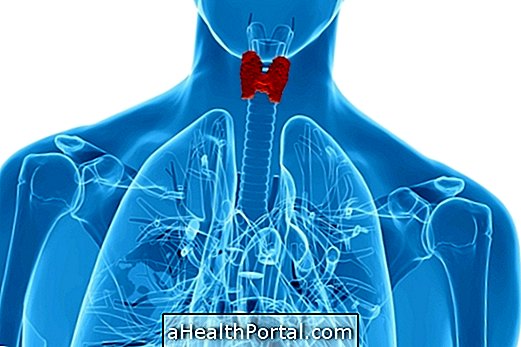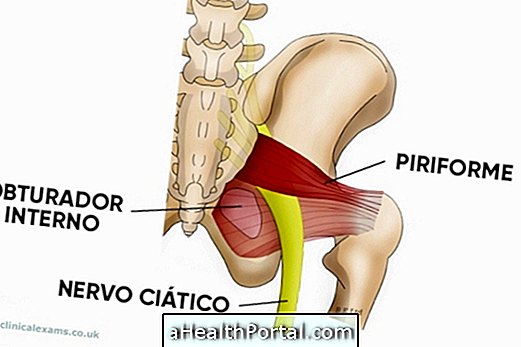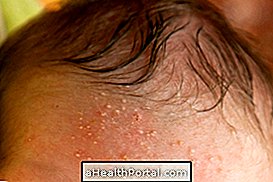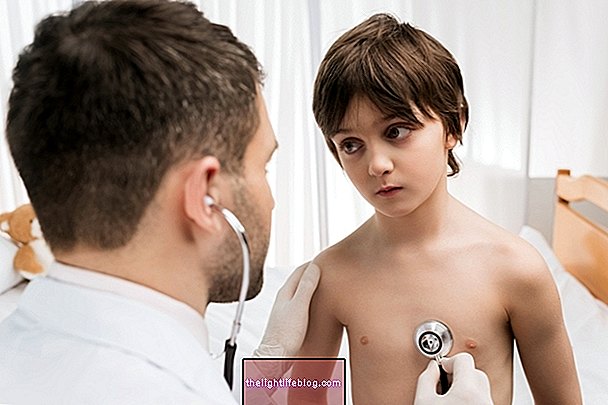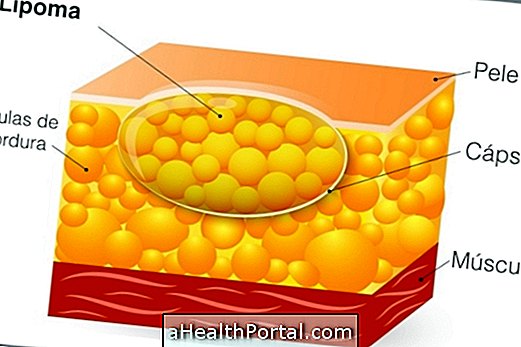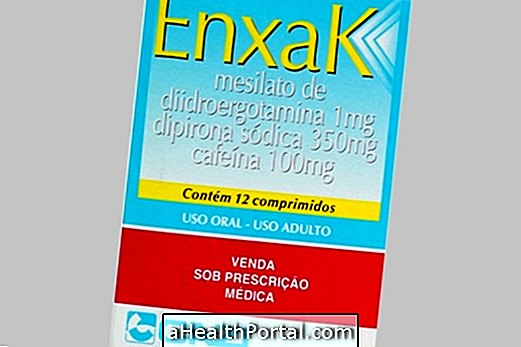The Zika virus can cause a serious neurological disease called Guillain-Barré Syndrome in men, women or children. This disease transmitted by the bite of the mosquito, manifests itself through a paralysis, which begins with a feeling of weakness that can affect the arms, legs and also of the breathing, in the most serious cases being able to cause death.
In this case the body of the person produces antibodies against Zika, but in an exaggerated and out of order these antibodies start to attack not only the Zika virus but also the tissues of the nervous system, which characterizes this syndrome.

First signs of Guillain-Barré
The symptoms of Guillain-Barre may begin to manifest up to 4 weeks after the contamination with the Zika virus. The initial symptoms may be:
- Weakness and pain in the legs that get worse as the hours go by;
- Despondency and unwillingness to get out of bed, sofa or chair due to lack of strength in the legs;
- Stumbling may occur around the house because it can be difficult to raise your feet properly to walk.
Gradually the weakness goes up, affecting other muscles and in a short time it also affects the arms, being more difficult to hold a glass, to wash the dishes and to brush the teeth.
If you suspect you should go to the doctor for tests. Learn all about Guillain-Barré Syndrome.
How to know if I have Guillain-barré
Diagnosis is made by observing the symptoms presented and specific tests. Symptoms of the syndrome are:
- Weakness in the legs, difficulty to move that is getting worse as the days go by;
- A tingling sensation in some part of the body, which usually begins in the legs or feet, but which can get worse, affecting also the arms, the trunk and, finally, the muscles of the breath.
These symptoms may begin to appear when the symptoms of Zika begin to disappear.
The test that identifies this disease is electromyography and lumbar puncture, a type of injection at the end of the spine that serves to assess the quality of the fluid that lines the central nervous system. Sometimes 2 punctures are necessary to diagnose the disease.
How to treat Guillain-Barré syndrome
The treatment of this disease is done in the ICU intensive care center because there is a risk of respiratory arrest and need to breathe with the help of appliances. However, these complications are more common in people who have diabetes or heart disease, because in most cases the syndrome does not reach this severity.
In the hospital physicians usually indicate the use of immunoglobulins, but may also recommend therapy with plasmapheresis, which although not economical, accelerate recovery, although they have some adverse effects. See the side effects of these treatments.
In addition it is common that the person with this syndrome needs to do physiotherapy to recover the movements and the forces in the muscles. The exercises indicated by the physiotherapist should be performed daily so that better results are achieved.
In severe cases the person may have difficulty walking, needing to stay in a wheelchair for a few months, but with medical and physiotherapeutic treatment it is possible to go back to walking alone and have a normal life, in the vast majority of cases.

